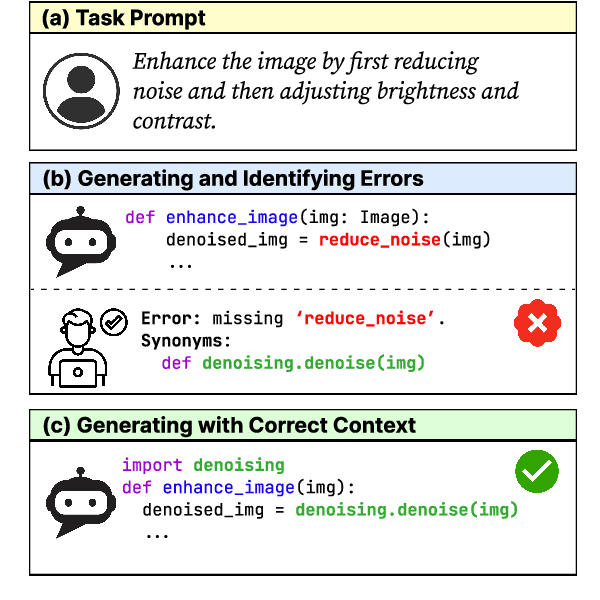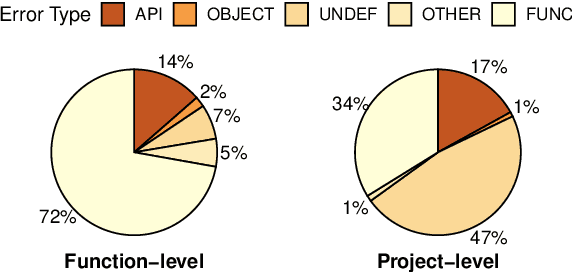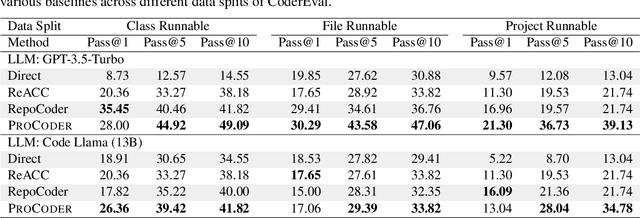Batu Guan
Is Your Benchmark (Still) Useful? Dynamic Benchmarking for Code Language Models
Mar 09, 2025Abstract:In this paper, we tackle a critical challenge in model evaluation: how to keep code benchmarks useful when models might have already seen them during training. We introduce a novel solution, dynamic benchmarking framework, to address this challenge. Given a code understanding or reasoning benchmark, our framework dynamically transforms each input, i.e., programs, with various semantic-preserving mutations to build a syntactically new while semantically identical benchmark. We evaluated ten popular language models on our dynamic benchmarks. Our evaluation reveals several interesting or surprising findings: (1) all models perform significantly worse than before, (2) the ranking between some models shifts dramatically, and (3) our dynamic benchmarks can resist against the data contamination problem.
CodeIP: A Grammar-Guided Multi-Bit Watermark for Large Language Models of Code
Apr 24, 2024



Abstract:As Large Language Models (LLMs) are increasingly used to automate code generation, it is often desired to know if the code is AI-generated and by which model, especially for purposes like protecting intellectual property (IP) in industry and preventing academic misconduct in education. Incorporating watermarks into machine-generated content is one way to provide code provenance, but existing solutions are restricted to a single bit or lack flexibility. We present CodeIP, a new watermarking technique for LLM-based code generation. CodeIP enables the insertion of multi-bit information while preserving the semantics of the generated code, improving the strength and diversity of the inerseted watermark. This is achieved by training a type predictor to predict the subsequent grammar type of the next token to enhance the syntactical and semantic correctness of the generated code. Experiments on a real-world dataset across five programming languages showcase the effectiveness of CodeIP.
Iterative Refinement of Project-Level Code Context for Precise Code Generation with Compiler Feedback
Apr 02, 2024



Abstract:Large language models (LLMs) have shown remarkable progress in automated code generation. Yet, incorporating LLM-based code generation into real-life software projects poses challenges, as the generated code may contain errors in API usage, class, data structure, or missing project-specific information. As much of this project-specific context cannot fit into the prompts of LLMs, we must find ways to allow the model to explore the project-level code context. To this end, this paper puts forward a novel approach, termed ProCoder, which iteratively refines the project-level code context for precise code generation, guided by the compiler feedback. In particular, ProCoder first leverages compiler techniques to identify a mismatch between the generated code and the project's context. It then iteratively aligns and fixes the identified errors using information extracted from the code repository. We integrate ProCoder with two representative LLMs, i.e., GPT-3.5-Turbo and Code Llama (13B), and apply it to Python code generation. Experimental results show that ProCoder significantly improves the vanilla LLMs by over 80% in generating code dependent on project context, and consistently outperforms the existing retrieval-based code generation baselines.
 Add to Chrome
Add to Chrome Add to Firefox
Add to Firefox Add to Edge
Add to Edge